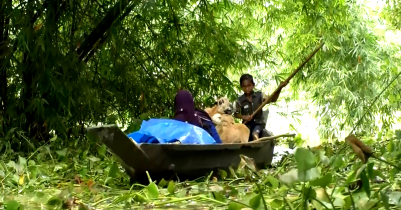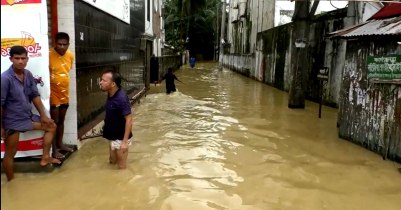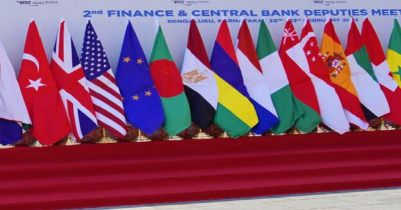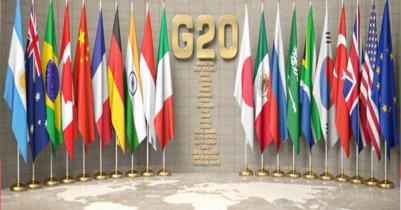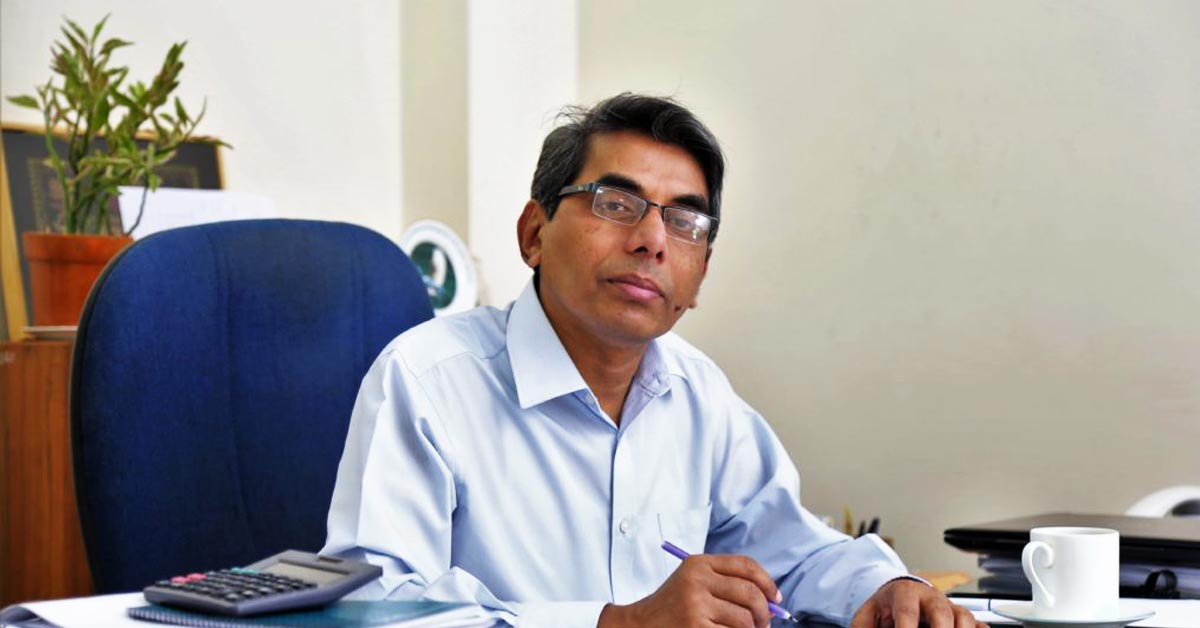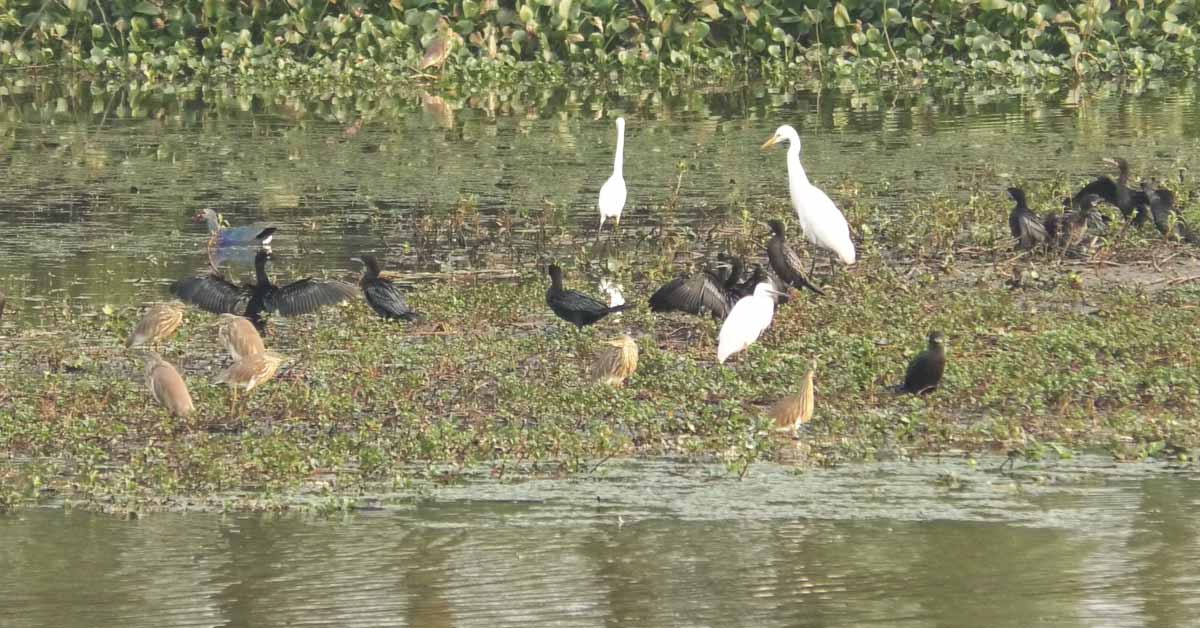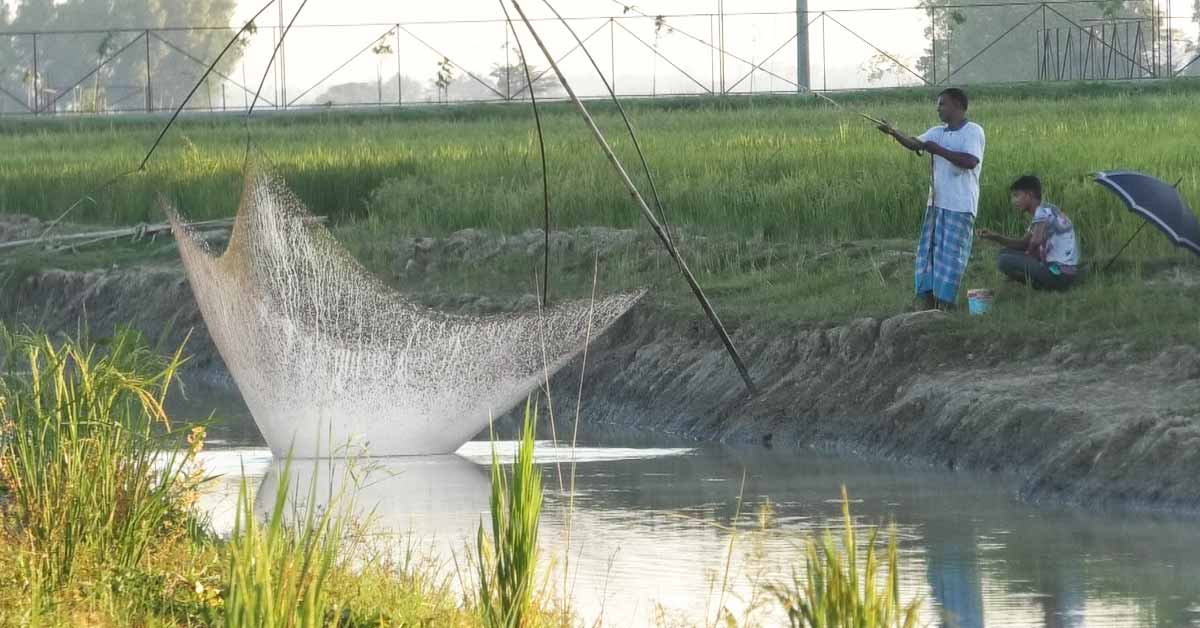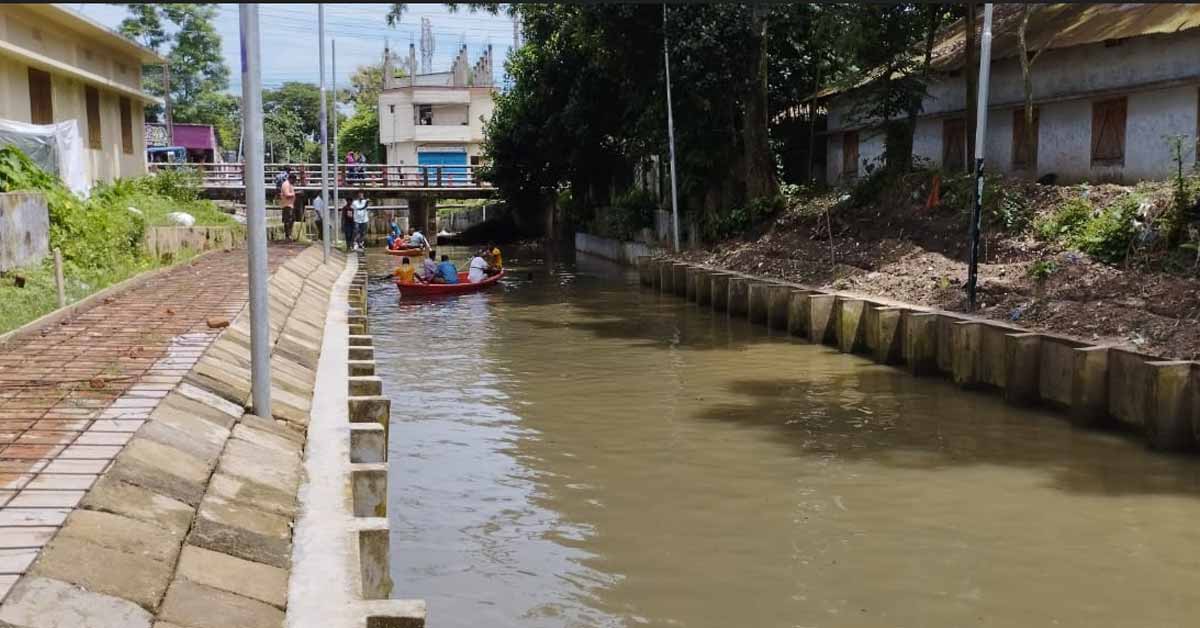Eye News Desk
NATO to open Japan office, deepening Indo-Pacific engagement
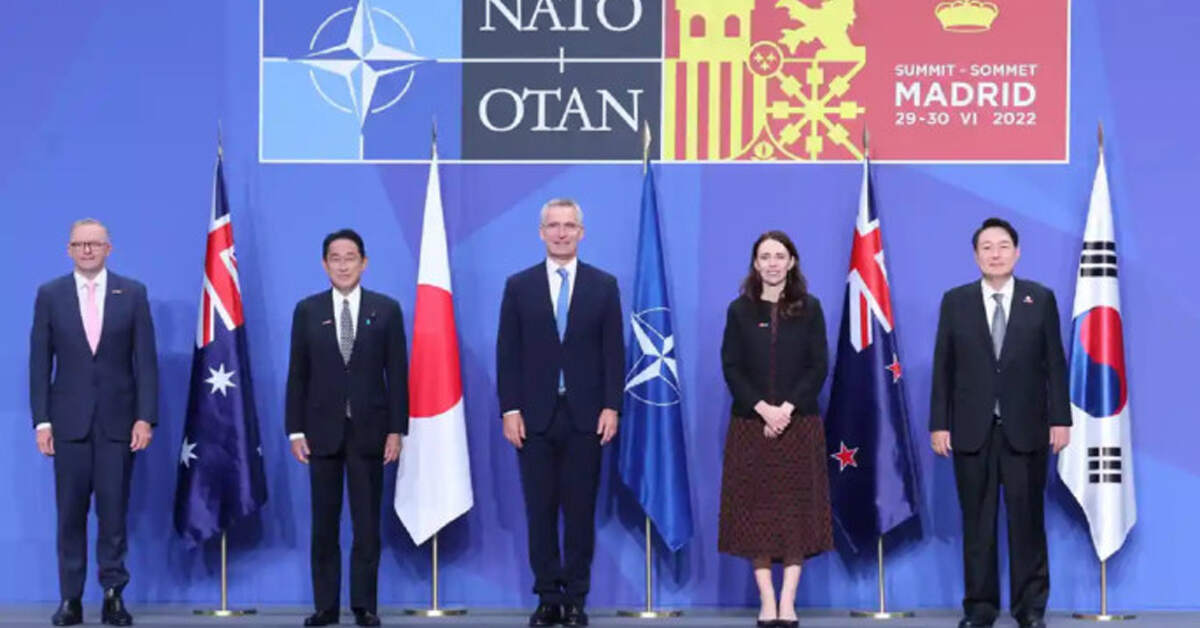
NATO is planning to open a liaison office in Tokyo, the first of its kind in Asia, Nikkei Asia has learned. The station will allow the military alliance to conduct periodic consultations with Japan and key partners in the region such as South Korea, Australia and New Zealand as China emerges as a new challenge, alongside its traditional focus on Russia.
NATO and Japan will also upgrade their cooperation, aiming to sign an Individually Tailored Partnership Programme (ITPP) before the NATO Summit in Vilnius, Lithuania, on July 11-12. The two sides will deepen collaboration in tackling cyber threats, coordinate stances on emerging and disruptive technologies, and exchange notes on fighting disinformation.
The plans were confirmed by both Japanese and NATO officials.
The idea of opening a liaison office was first discussed between Japanese Prime Minister Fumio Kishida and NATO Secretary-General Jens Stoltenberg during the latter's visit to Tokyo at the end of January. In mid-April, the alliance circulated a draft proposal among its 31 members, according to a person with knowledge of the proceedings.
The proposal is to open a one-person liaison office in Tokyo next year. Whether the Japanese side provides the office space or if NATO funds the station is still under negotiation. NATO has similar liaison offices at the United Nations in New York, the Organization for Security and Co-operation in Europe in Vienna, as well as in Georgia, Ukraine, Bosnia and Herzegovina, Moldova and Kuwait.
In many cases the host nation offers office space for NATO. If Tokyo provides the funding for a Western military alliance to have a foothold in Japan, it would symbolize a new phase in defense cooperation.
The intent to deepen cooperation is mutual. Japan plans to create an independent mission to NATO, separating it from the Embassy in Belgium, where it is currently based. A new ambassador will be dispatched, to relieve the NATO duties of Ambassador to Belgium Masahiro Mikami. Kishida told Stoltenberg of the plans at the January meeting.
Officials hope that the NATO-Japan signing of the ITPP would create momentum leading up to the Vilnius summit. The gathering is expected to be attended by the leaders of Japan, South Korea, Australia and New Zealand -- like last year -- signaling NATO's deeper engagement with the Indo-Pacific.
Last June, Kishida, South Korean President Yoon Suk Yeol, Australian Prime Minister Anthony Albanese and then-New Zealand Prime Minister Jacinda Ardern attended the NATO Summit in Madrid. Known as the Asia-Pacific partners (AP4) of NATO, they held a meeting on the sidelines.
Danish Ambassador to Japan Peter Taksoe-Jensen told Nikkei Asia in a phone interview that a NATO liaison office would be the first of its kind in the Indo-Pacific and more than just symbolic. "It would be a very visible, real way to strengthen the relations between Japan and NATO," he said.
The Danish Embassy acts as the contact-point embassy of the alliance in Japan and is coordinating with the member states in Tokyo regarding NATO-Japan collaboration.
Taksoe-Jensen noted that the geopolitical landscape has changed drastically since NATO issued its previous Strategic Concept in 2010.
"At the time, Russia was considered a potential partner and there was no mention of China. In 2022, at the Madrid Summit, allied leaders decided that Russia was no longer a partner but a foe, and that there was also an acknowledgment that China's rise would and could have an impact on trans-European security," he said.
"This is why it is important for NATO to keep up relations with our partners in this region." The envoy said that the liaison office would also reach out to other important actors in the region such as India and ASEAN countries.
Taksoe-Jensen said NATO-Japan cooperation, going forward, will focus on challenges that transcend regions, such as cyber threats, disruptive technology and disinformation activities.
This cooperation, Nikkei has learned, will be formalized in the coming weeks, when NATO and Japan will launch the ITPP to lay out cooperation on fields such as cybersecurity, disinformation and space. It will be an upgrade from the Individual Partnership and Cooperation Programme (IPCP) that the two sides signed in 2014.
"There will also be a look at interoperability," Taksoe-Jensen said, regarding how NATO and Japanese forces work together in different areas. But he said it was "a step too far at the moment" to consider the two sides to bolster regional deterrence together.
Michito Tsuruoka, an associate professor at Keio University, said that the war in Ukraine has changed the way NATO sees China. "In addition to the problems China poses by itself, a new dimension has been added: that of China as a supporter of Russia. This now becomes directly related to Europe's security."
Stoltenberg repeatedly mentioned the danger of China and Russia collaborating during his trip to Japan, Tsuruoka told Nikkei Asia.
Tsuruoka said that NATO having a foothold in Tokyo would have a significant meaning for Japan. "It means that when NATO looks at Asia, including China, it will be doing so through Tokyo's prism. When the representative sends back information to NATO headquarters, it will always be via Tokyo."
NATO spokesperson Oana Lungescu stressed Japan's importance in a statement to Nikkei on Wednesday.
"Among NATO's partners, none is closer or more capable than Japan," Lungescu said. "We share the same values, interests and concerns, including supporting Ukraine and addressing the security challenges posed by authoritarian regimes, and our partnership is getting stronger."
She noted long-standing cooperation between NATO and Japan, as demonstrated by Stoltenberg's visit to Japan at the start of the year and the Japanese foreign minister's participation at the meeting of NATO foreign ministers in April.
"The Secretary General has also invited the Prime Minister of Japan, as well as the leaders of our other Indo-Pacific partners, to the Vilnius Summit in July," Lungescu said.
"As to plans to open a liaison office in Japan, we won't go into the details of ongoing deliberations among NATO allies, but in general, NATO has offices and liaison arrangements with a number of international organizations and partner countries, and allies regularly assess those liaison arrangements to ensure that they best serve the needs of both NATO and our partners," she said.
Read More
- Dubai-bound flight catches fire after taking off from Nepal
- Turkey`s homegrown 5th-generation fighter jet named KAAN
- Shihab Chottur reaches Makkah from India in 12 months
- Eid Ul Adha 2023 in Saudi Arabia!
- India gets new parliament building
- Italy will take 82 thousand workers, the is in March
- Two Sylheti killed in Portugal
- World`s first 3D-printed mosque to be constructed in Dubai
- New digital ID scheme to be rolled out across UK
- Imran Khan likely to be in custody for ‘4 to 5 days’





